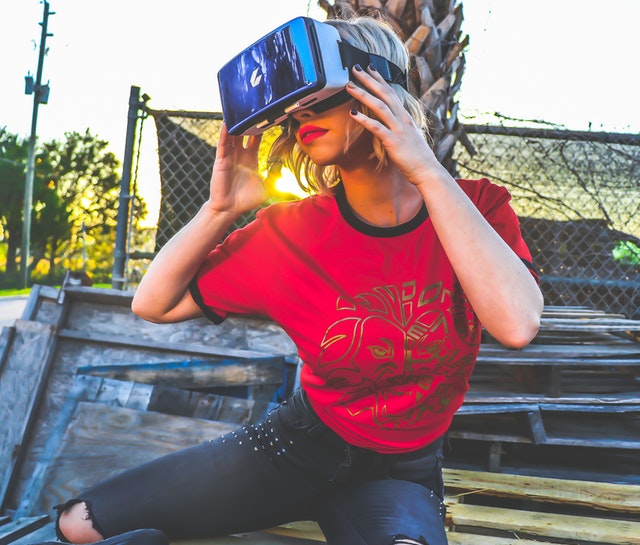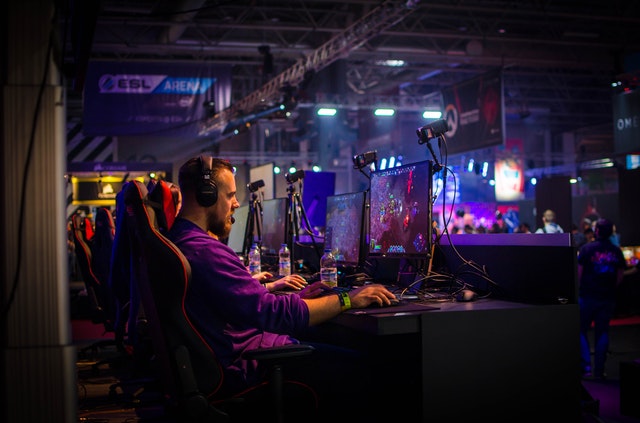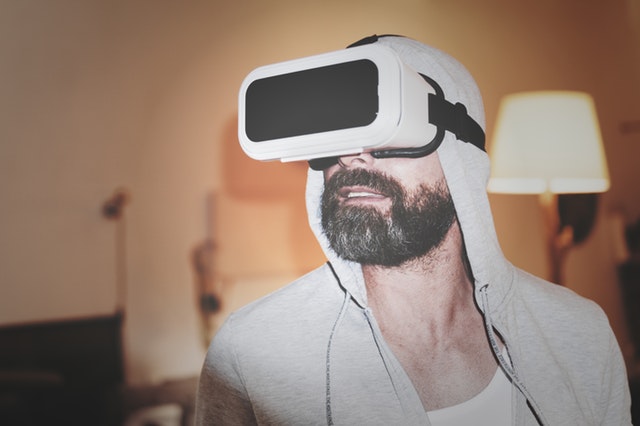One of the best things about our industry is that each year brings something to look forward to. In 2016 we saw both the PlayStation 4 Pro and Xbox One S release, making it the first time consoles got a mid-generation model with added power and 4K support. Anticipated games like Final Fantasy XV, Overwatch, and two new Pokemon titles also gave gamers plenty to enjoy.
But perhaps the biggest reason last year will be remembered is for one thing, above all others, changing the gaming landscape: virtual reality. Ever since the Oculus Rift Kickstarter campaign raised more than $2.5 million in 2012, a race began to see who could create the best VR gaming device. Options you can buy today include the PlayStation VR, HTC Vive, Oculus Rift, and Samsung Gear VR.
But will 2017 be the year VR truly takes off … or will it fall into obscurity? Here are our VR predictions for this year:
Better Games Are Coming
The new VR devices have been received well so far. Their ability to trick our minds into thinking we’re inside vivid virtual worlds is an incredible experience. However, many of the games that released alongside these device received mixed feedback.
Although impressive, a lot of titles felt more like tech demos than actual games. Batman: Arkham VR let us become the Dark Knight himself like never before — but only for about two and a half hours. Gamers didn’t buy expensive VR devices to enjoy games that last about as long as your average Hollywood film.
This year we’re expecting developers to do more to convince people still thinking about investing in a VR headset. The good news is we’re already seeing regular games with added VR support, like the well-received Resident Evil 7. To sustain and grow, the 2017 VR craze needs bigger studios with higher budgets to invest in making better, more accessible games.
Prices Will Probably Drop
If there’s one reason more VR devices aren’t in more homes today, it’s the price. Almost every headset currently on the market will set you back a few hundred bucks. If you want an Oculus Rift or HTC Vive, be ready to pay $799 or $599, respectively.
And even if you drop the cash for one, your current computer might not be ready for it. According to NVIDIA, 99 percent of computers on the market in 2016 aren’t powerful enough to provide the best virtual reality experience possible. The PlayStation VR released with a price tag of $399, which doesn’t count the Move controllers ($50 each), camera (another $50), and console itself ($300).
Unless we see price drops on the current devices, or more affordable devices released, the VR market will struggle to turn a profit or take off with the average consumer. The fact that certain VR headsets have received discounts recently is a good start. Some affordable options are already showing up on the market for those who want to pay less for something more basic, like the Google Daydream.
VR Will Either Sink Or Swim

Despite many VR headsets being sold last year, many continue to doubt whether virtual reality is the next evolution in gaming. To many, it’s nothing more than a fad similar to motion controls made popular by the Nintendo Wii in the last decade. However, VR does offer unprecedented opportunities to revolutionize the way we explore video game worlds and stories.
No matter which side they’re on, experts do agree that 2017 will give us a greater sense at how VR will do in the future. It’s up to game developers to release groundbreaking VR projects that make everyone else feel like they’re missing out. Fortunately, companies like Google are jumping into the market with affordable VR headsets, making it easier to try VR before investing in a better product.
What are your predictions for how virtual reality with change games in 2017? Let us know in the comments below! Learn more about virtual reality at the New York Film Academy.

